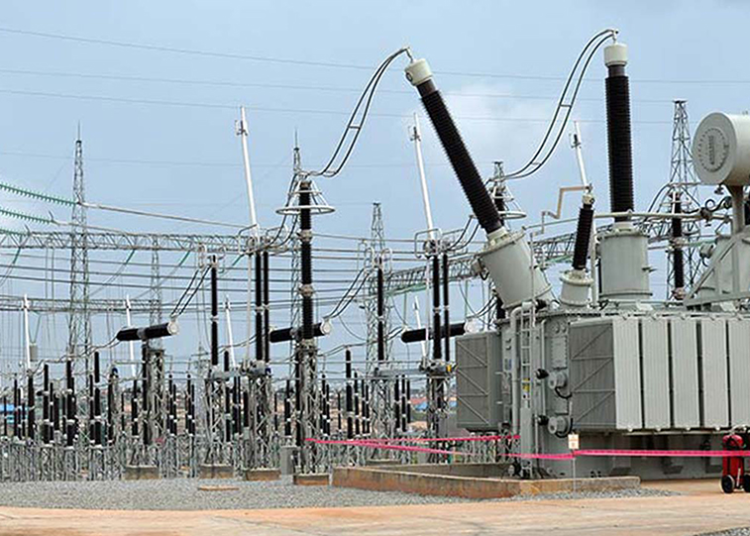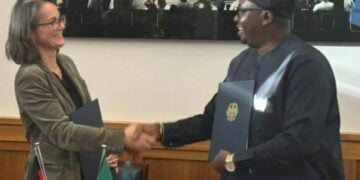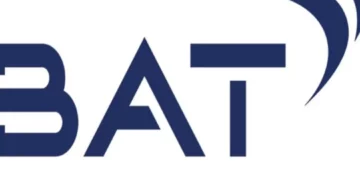The 11 electricity distribution companies (Discos) have improved their revenue collection efficiency to 85.82 per cent, a report by the Nigeria Electricity Regulatory Commission (NERC) has shown.
Data in the NERC Factsheet for February 2024 showed that while total billings of the DisCos stood at N113.05 billion, total revenue collected was N97.01 billion, and collection efficiency was 85.82 per cent, a 13.06 per cent increase from January.
Findings showed the allowed average tariff was N59.89/kilowatt hour (kWh), but the actual average collection was N44.13/kWh, and the recovery efficiency was 75.35 per cent, a 13.62 percent increase from January.
DisCos collected N97.01 billion in the month under review out of the billed figure of N113.05 billion.
For the month under review, Ikeja Disco recorded the highest revenue collection efficiency at 114.64 per cent, collecting N19.48 billion out of N17.08 billion billed to customers. Ikeja was followed by Eko and Abuja Discos, which recorded revenue collection efficiencies of 99.24 per cent and 87.26 per cent respectively.
On the other hand, Yola Disco posted the lowest revenue efficiency for the month at 48.47 per cent, followed by Kano and Jos Discos, which reported 63.15 per cent and 73.04 per cent, respectively.
In terms of electricity received and billed, the 11 Discos received around 2,149.80 GWh for the month and dispensed 1,759.2 GW. This represented an energy billing efficiency of 81.83 per cent.
According to the report, Eko Disco recorded the highest energy billing efficiency from generation companies (Gencos), distributing 236 GWh from a total of 260 GWh received, marking an energy billing efficiency of 90.08 per cent for the month. Yola and Enugu Discos followed with energy billing efficiencies of 87.04 per cent and 85.50 per cent, respectively.
Furthermore, Abuja and Ikeja Discos received the highest energy bill from Gencos at 329 GWh and 316 GWh, respectively, for the month, while Yola, Jos, and Kano Discos received the lowest energy from power generators during the period under review.
The power industry has come under intense scrutiny in the past few weeks following the over 200 per cent hike in tariff for Band A customers earlier in April. The hike has attracted criticism from stakeholders, consumers- both individuals and industry.
The federal government has defended the hike, noting that it will attract significant investment into the ailing power sector where electricity distribution companies have failed to make profits in the past years.
It also noted the hike only affects under 20 per cent of electricity customers as the tariffs of the majority of Nigerians remain unchanged.





